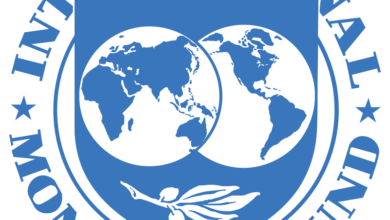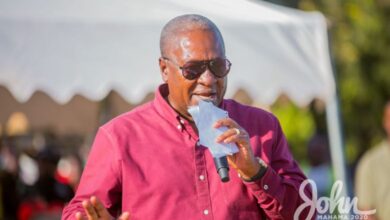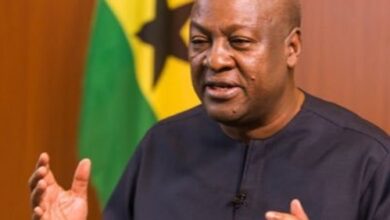Education Reform in Ghana: David Akpaloo Calls for Caution on BECE Cancellation Proposal and Free SHS Legislation
The state policy on education in Ghana’s fourth republic has been heavily influenced by political interests, rather than focusing on a unified national agenda with global relevance. This trend poses a significant risk to the future of our children’s education.
David Akpaloo, CEO of MONARCH Education Hub, voiced his concerns on the Adekyee Mu Nsem morning show on Ahotor FM hosted by Alex Nana Dobgey in Accra. He criticized the proposal within a pending bill that suggests cancelling the Basic Education Certificate Examination (BECE), calling it unfortunate and alarming. Akpaloo emphasized the importance of maintaining exams like the BECE to assess students’ knowledge in core subjects like Mathematics and English, crucial for foundational education.
He cautioned that removing such assessments could diminish motivation for academic development and undermine the international standing of Ghana’s educational system. Akpaloo urged the government to prioritize national interest over political expediency, especially amidst ongoing curriculum reforms in colleges and basic schools.
In a separate development, the Ministry of Education is drafting a bill to legally enforce free and compulsory education at the senior high school (SHS) level. Education Minister Dr. Yaw Osei Adutwum recently announced this initiative, which also proposes integrating junior high school (JHS) into the secondary education system, extending secondary education to six years.
Dr. Adutwum explained that under the proposed bill, the BECE would no longer be a prerequisite for admission to secondary school but rather used for school selection purposes. The minister emphasized the need for legislative backing to secure the continuity and universality of the Free SHS policy, citing the constitutional mandate to provide free, compulsory, and universal basic education.
He highlighted the success of Free SHS in increasing student enrollment, particularly in northern regions, and underscored the necessity of compulsory education to prevent youth disenfranchisement and foster national development.
However, concerns have arisen over implementation challenges such as funding, infrastructure, and the educational calendar’s stability. Critics have called for a review to address these issues while ensuring equitable access to quality education.
The political landscape remains divided on the bill, with the Majority Leader advocating for its swift passage while the Minority seeks clarity on its provisions before making a stance. Amidst these debates, the future of Ghana’s educational policy hangs in the balance, balancing political interests with the imperative of ensuring robust, inclusive education for all Ghanaian children.





